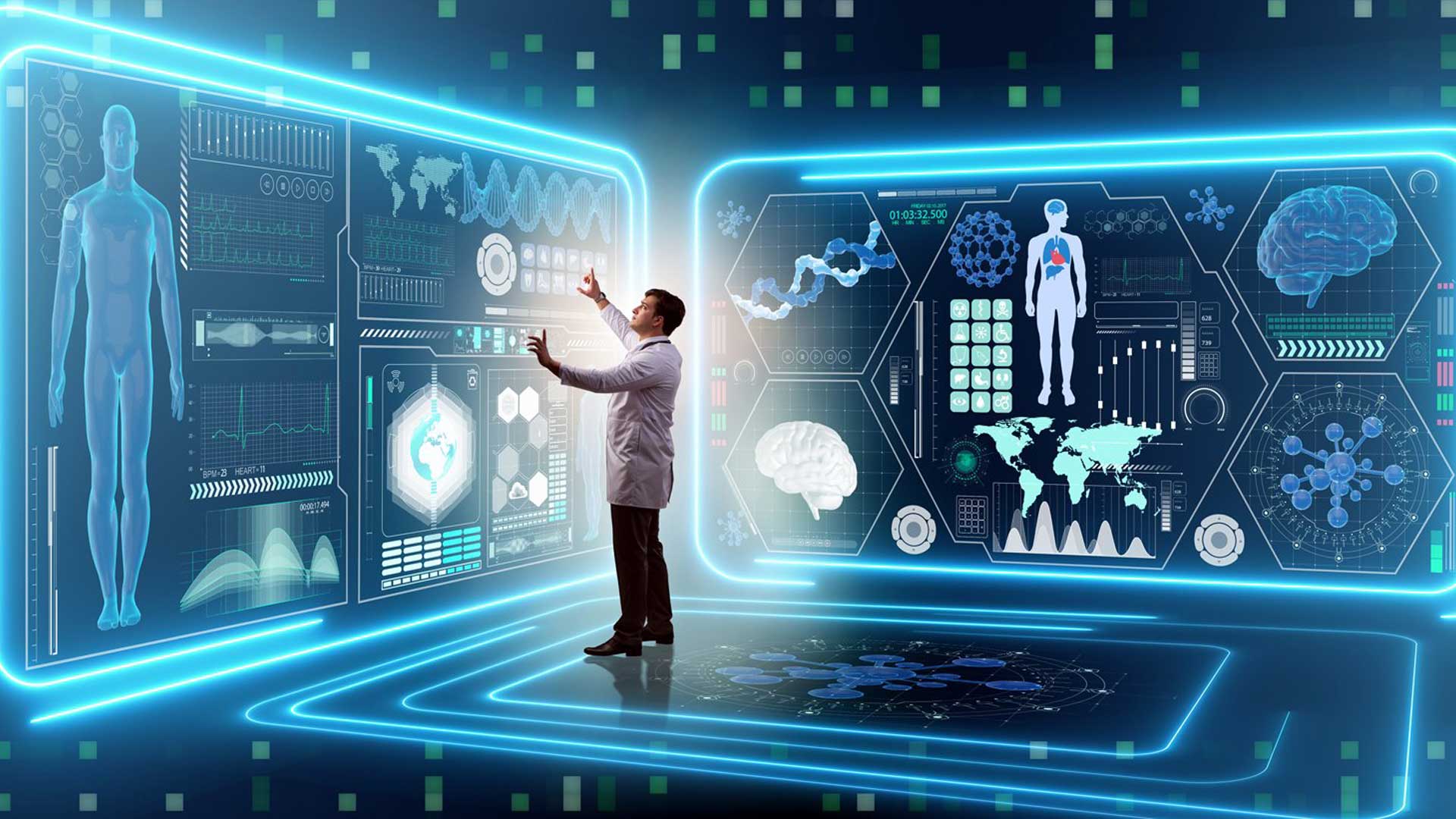
From providing personalized treatment plans for patients to streamlining the entire healthcare operations, Big Data Analytics is serving as a great technology transforming how the healthcare industry operates
With the increased usage of technology in the world of healthcare, the patient as well as health data is increasing rapidly. This humongous data (aka big data) and big data analytics have the capability to transform the entire healthcare operations and experiences. As the data in the healthcare industry is exploding, it has brought with it several opportunities as well as challenges. Opportunities because it helps in research, providing services, and personalized patient experience. According to a PwC report, 73% of healthcare providers believe that big data analytics is improving the quality of patient care. And challenges because it is difficult to handle such a huge amount of data and simultaneously consider the ethical impact of using them.
Technology brings both good and evil along with it. Here, let us see how big data is transforming the healthcare industry.
Big Data Analytics in the Healthcare Industry
Before we get started, let’s familiarize ourselves with what Big Data Analytics actually means. In the world of the data science industry, it refers to analyzing a huge amount of data usually in terabytes and pentabytes, to uncover patterns and insights that can help improve business decisions.
In the healthcare sector, a huge amount of data is gathered from various sources including, digital medical records, wearable devices, patient monitoring, diagnostic images, etc. By analyzing these data, healthcare professionals can detect serious risks beforehand and can plan treatment accordingly, even at a much lesser cost.
According to MarketsandMarkets, the global big data analytics in the healthcare market is expected to reach $151.2 billion by 2028 growing at a CAGR of 19.4%. Also, 84% of healthcare organizations are already using or planning to use big data analytics to enhance their business operations. So, it becomes necessary to understand the impact of this technology in the healthcare sector.
How is Big Data Analytics used in healthcare?
Here are a few ways in which big data analytics has been transforming the healthcare industry:
Healthcare organizations can easily digitize medical records which can not only save huge costs and resources but can also help extract data whenever and wherever needed from administrative and diagnostic systems. This can be easily managed and analyzed to find relevant insights.
Big data analytics can analyze large healthcare data sets to identify patterns and trends that might otherwise go unnoticed in the traditional diagnosis system. Thus, it allows for even more accurate diagnoses and helps design an improved treatment plan for the patients.
Even a small error in the healthcare industry can lead to a fatal consequence. Not to mention, a wrong diagnosis and a wrong medicine can cause a threat to a patient’s life. Big data analytics eliminates the risk of these errors.
Various big data programs in the healthcare sector have greatly improved the standard of healthcare practices as they use high-quality technologies to provide medical care to patients. The data gathered from DMRs can help track patients’ genetic problems, identify risk factors, and personalize treatment plans.
As data is gathered from numerous sources and of various types which are not limited only to patient data, but also resources used, financial data, costs, etc., healthcare organizations can understand their resource usage, inventory, procurement, staffing, and other parameters effectively. This ensures better resource management, minimizing cost, and streamlining the operations.
Especially in the case of chronic diseases, there are high-risk factors involved. However, with the help of big data programs, such diseases can be efficiently monitored. By syncing health reports from smart devices with doctors’ information platforms, patients' cases can be monitored all the time. Thus, risk can be easily managed by analyzing health data and taking prompt actions.
Important Data Points in the healthcare industry
Here are some of the data points often used in big data analytics in the healthcare industry:
Conclusion
By analyzing different parameters, Big Data Analytics is revolutionizing the healthcare industry. Not only has it streamlined operations in the healthcare domain for professionals, but it has made the entire diagnosis and treatment experience pleasant alongside reducing cost, time, and effort.
With more personalized treatment and managing risks, big data analytics has helped improve health standards. In the future, we can have even more advanced applications that will make getting health services seamless.
This website uses cookies to enhance website functionalities and improve your online experience. By clicking Accept or continue browsing this website, you agree to our use of cookies as outlined in our privacy policy.